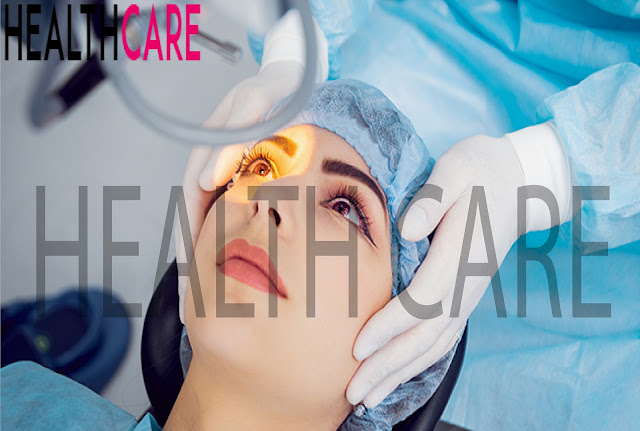How can I fix my vision permanently?
Having poor eyesight can be incredibly frustrating, and many of us have found ourselves asking the same question: How can I fix my vision permanently? If you’re looking for an answer to this question, then you’ve come to the right place. In this blog post, we’ll discuss the various options available for those looking to improve their vision and regain clear sight. From laser eye surgery to prescription eyeglasses, there are a range of options to help restore your vision. Read on to learn more about how you can fix your vision permanently.
What are some common causes of vision problems?
Many vision problems can arise due to a variety of factors, both genetic and environmental. Common causes of vision problems include: refractive errors, cataracts, age-related macular degeneration, glaucoma, and diabetes. Light cannot be focused correctly on the retina when the eyes have refractive errors. This can be caused by an irregularly shaped cornea or an imperfectly shaped lens. Cataracts are a clouding of the eye’s lens that can cause blurred or dim vision. Age-related macular degeneration is an age-related condition that causes central vision loss due to damage in the macula. Glaucoma is an eye condition caused by increased pressure in the eye that can lead to nerve damage and vision loss. Diabetes can also lead to vision problems due to complications with blood vessels in the retina. It is important to talk to your doctor about any vision issues you may have and what treatment options are available. In some cases, corrective lenses may help improve your vision, but if you need more permanent solutions, then you may want to consider laser eye surgery or cataract surgery. Laser eye surgery can reshape your corneas in order to correct refractive errors, such as nearsightedness, farsightedness, astigmatism, and presbyopia. A surgeon replaces the clouded natural lens with an artificial intraocular lens (IOL) during cataract surgery. Other possible treatments for various vision conditions include medications, glasses, contact lenses, nutritional supplements, and low vision aids. Ultimately, it’s best to speak to your doctor to determine what treatment will best suit your needs.
What are some common treatments for vision problems?
There are several treatments available for vision problems, ranging from medications to surgery. The type of treatment recommended will depend on the cause of the vision problem and your individual needs.
Medications: Eye drops and other medications may be prescribed to reduce inflammation, improve eye pressure, and treat infections. In some cases, medications may be combined with other treatments.
Surgery: Surgery may be used to treat some vision problems, such as cataracts, glaucoma, and age-related macular degeneration. During the procedure, your doctor will remove or replace the affected tissue or lens in your eye.
Laser therapy: This procedure is used to treat a variety of conditions, including glaucoma and nearsightedness. Laser eye surgery generally entails reshaping the cornea or making adjustments to the retina.Other treatments: Other treatments may include wearing special eyeglasses, using contact lenses, undergoing vision therapy, and using low vision aids. Your doctor can help you decide which treatment is best for your specific condition.
What are some tips for preventing vision problems?
1. Wear sunglasses when outdoors. Invest in a good pair of sunglasses that block out both UVA and UVB rays to protect your eyes from the sun’s harmful ultraviolet light.
2. Antioxidants should be a part of a balanced diet. Eating a diet rich in fruits and vegetables, particularly those with high antioxidant content, can help maintain healthy eyesight. Foods like kale, spinach, oranges, strawberries, and blueberries are all great sources of antioxidants.
3. Exercise regularly. Regular exercise can help improve blood circulation to the eyes, which can help reduce strain on the eyes.
4. Get regular eye exams. Even if you don’t have any vision problems, it’s important to get regular comprehensive eye exams to make sure that your vision is healthy and that any potential issues are caught early.
5. Quit smoking. Smoking has been linked to several eye diseases such as cataracts, macular degeneration, and optic nerve damage. Quitting smoking can help prevent these problems and protect your vision.
6. Limit time spent in front of screens. Staring at screens for long periods of time can lead to eyestrain and headaches. Make sure to take frequent breaks and limit your time in front of screens.
7. Use proper lighting when reading or doing close-up work. Make sure you use a light source that doesn’t cause glare or strain your eyes when reading or doing close-up work.
8. Avoid rubbing your eyes. Rubbing your eyes can lead to irritation and inflammation, which can worsen existing vision problems and create new ones.

